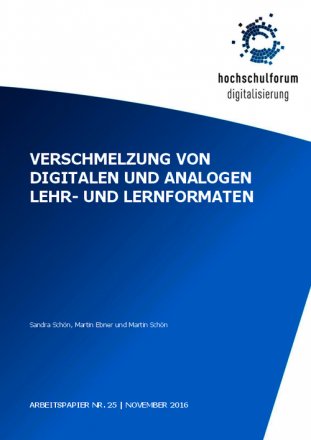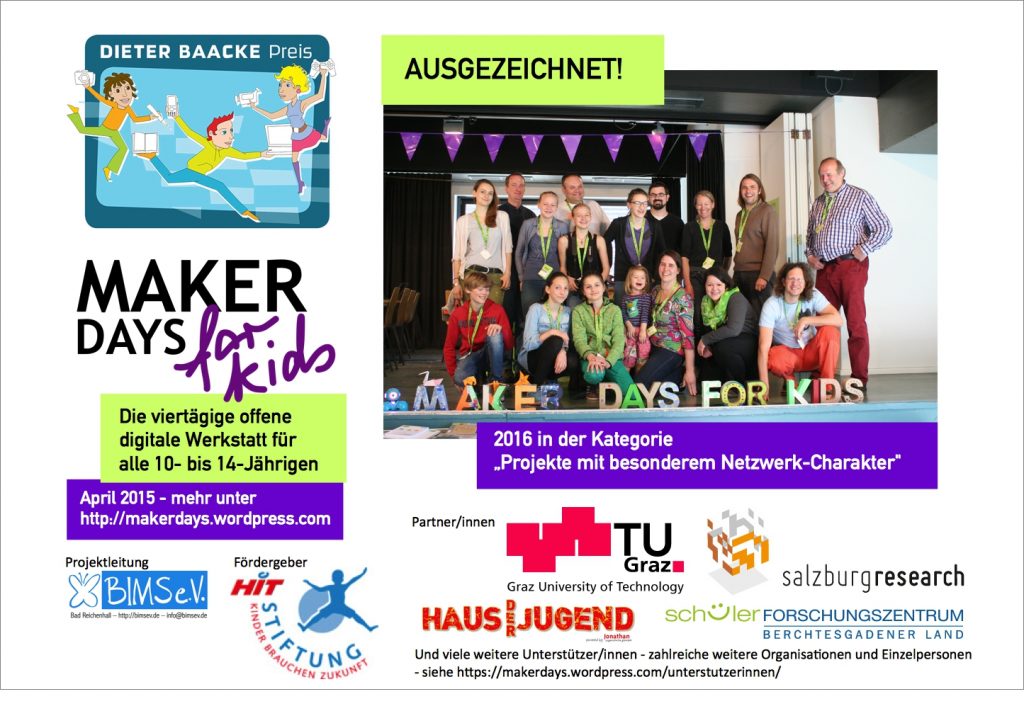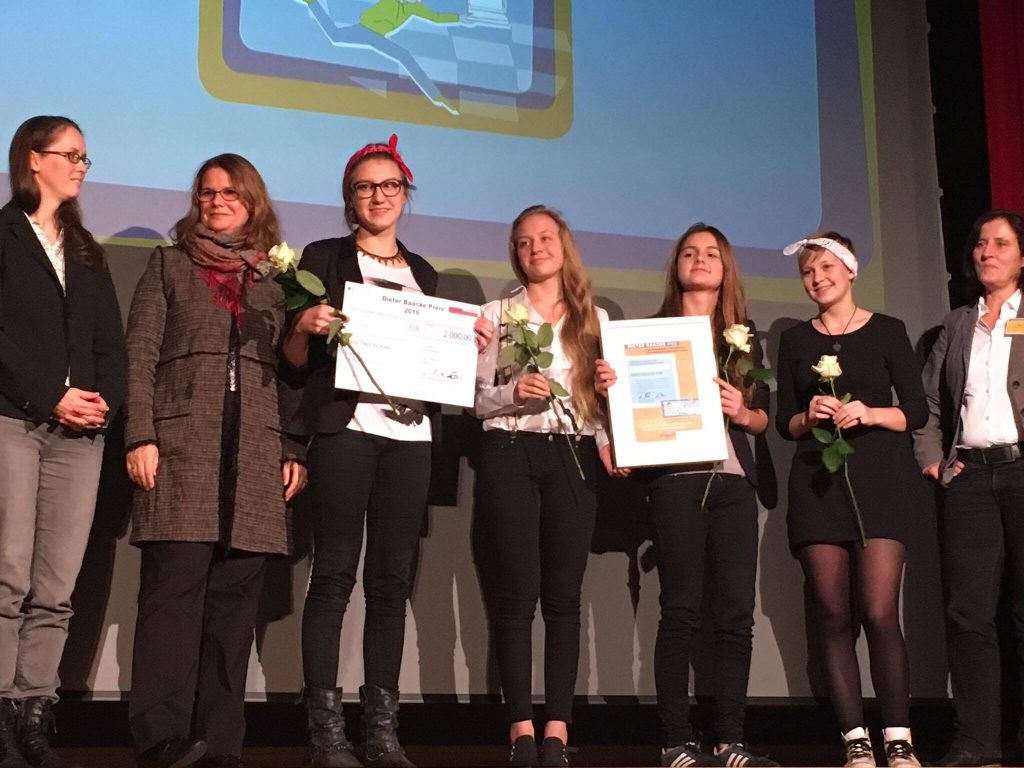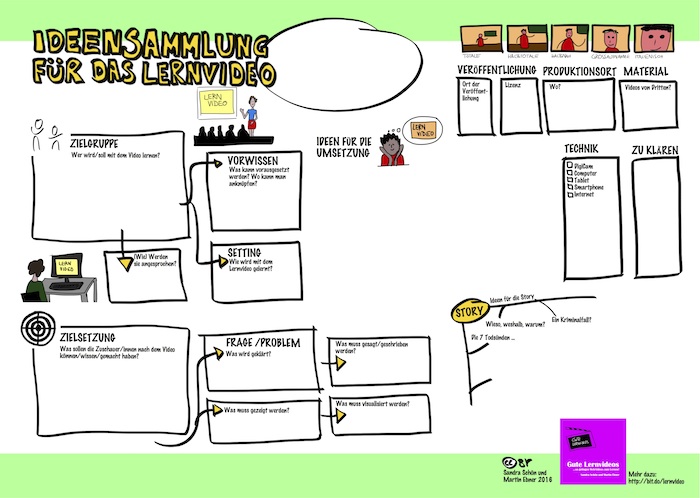Our publication about „ResXplorer: Revealing relations between resources for researchers in the Web of Data“ is now online available – enjoy the results of a very increasing research field.
Abstract:
Recent developments on sharing research results and ideas on the Web, such as research collaboration platforms like Mendeley or ResearchGate, enable novel ways to explore research information. Current search interfaces in this field focus mostly on narrowing down the search scope through faceted search, keyword matching, or filtering. The interactive visual aspect and the focus on exploring relationships between items in the results has not sufficiently been addressed before. To facilitate this exploration, we developed ResXplorer, a search interface that interactively visualizes linked data of research-related sources. By visualizing resources such as conferences, publications and proceedings, we reveal relationships between researchers and those resources. We evaluate our search interface by measuring how it affects the search productivity of targeted lean users. Furthermore, expert users reviewed its information retrieval potential and compared it against both popular academic search engines and highly specialized academic search interfaces. The results indicate how well lean users perceive the system and expert users rate it for its main goal: revealing relationships between resources for researchers.
[Link to full arcticle @ Journal Homepage]
[Link to full article @ ResearchGate]
Reference: De Vocht, L., Softic, S., Verborgh, R., Mannens, E., Ebner, M. (2016) ResXplorer: Revealing relations between resources for researchers in the Web of Data. Computer Science and Information Systems. (doi:10.2298/CSIS151028031D)




